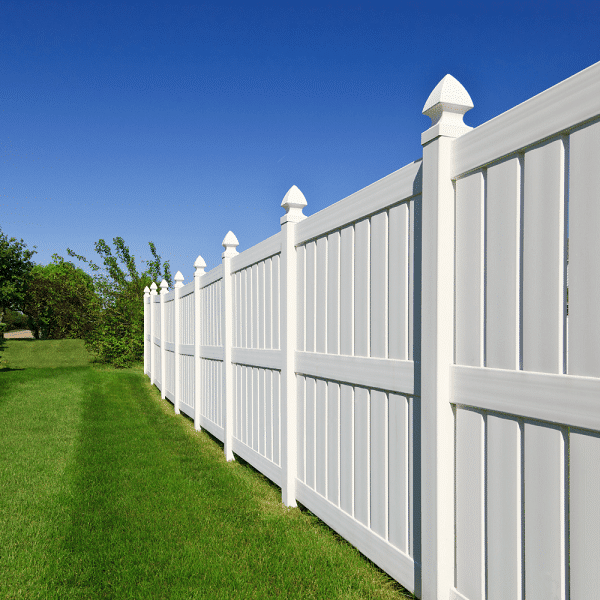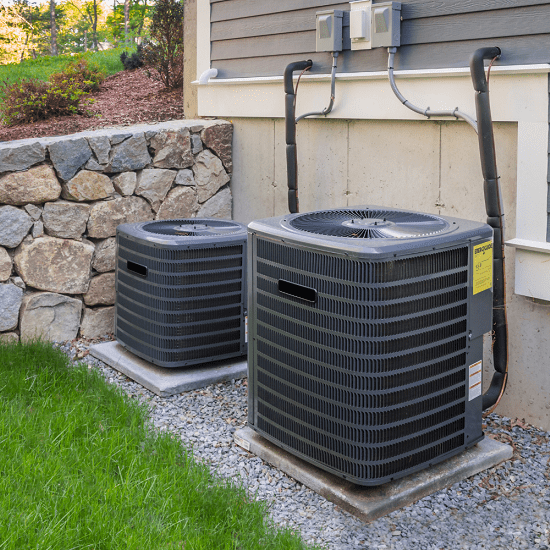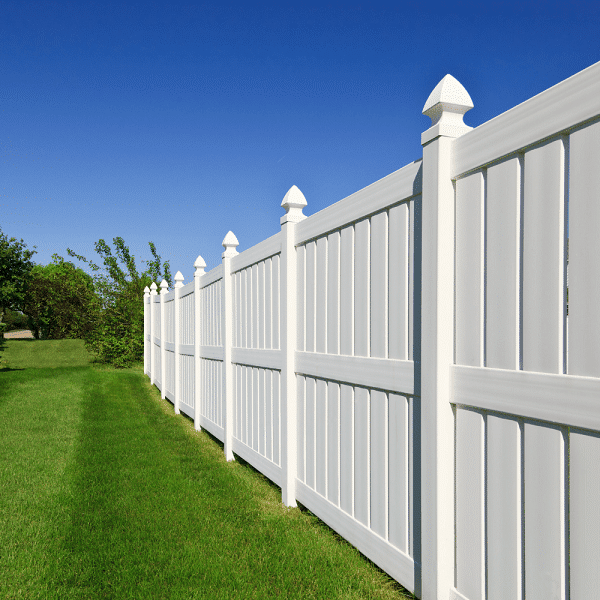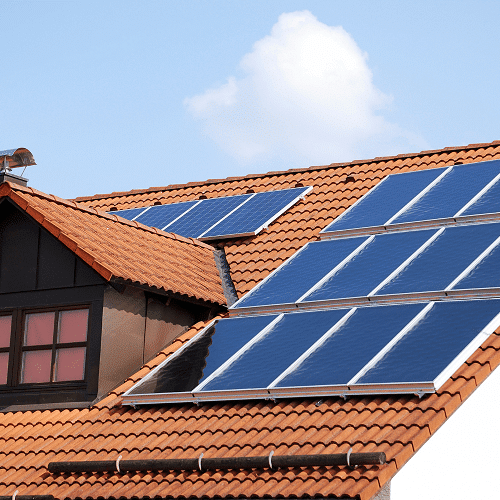Finance Your Fence
Get pre-qualified for a fence loan in just minutes. Checking rates won’t affect your credit score







Fencing Loans
If you’re looking to build a new fence to keep your loved ones safe while adding a touch of class to your home’s exterior, you’ve likely thought about how you’re going to pay for it. Well-made fences come at a price, so you may need to consider financing. We’ve put together some helpful information about financing a fence, the credit score you’ll need to qualify, and much more.
Applying for a fencing loan is fast and easy:
How Pasha Funding Works

Compare personal loan rates
Compare personal loan rates in April, 2025
Can you get a personal loan for a fence?
Yes, it is possible to finance a fence and obtain a personal loan. Many lenders and financing options are available to help you cover the cost of installing a new fence or replacing an existing one. By opting for fence financing, you can enjoy the benefits of enhancing your property's security, privacy, and aesthetic appeal without having to pay the full amount upfront. Different lenders may have varying eligibility requirements and loan terms, so it's advisable to explore multiple options and compare interest rates, repayment terms, and any associated fees. Remember to choose a financing option that aligns with your financial situation and allows you to comfortably manage the monthly payments.
Popular types of fences
Here are the top six types of residential fences:
Chain Link Fence:
- Affordable and durable option
- Practical and requires minimal maintenance
- Not the most aesthetically pleasing choice
Privacy Fence:
- Typically made of precast concrete panels or solid fencing
- Provides privacy and usually at least 6 feet high
- Can be customized to fit your desired aesthetic
Brick Wall Fence:
- Offers both privacy and aesthetic appeal
- Considered a permanent and sturdy option
- May not be suitable for areas prone to intense earthquakes
Wood Fence:
- Classic fence option with various styles available
- Can range from open rail fencing to full wood panels
- Provides a natural and timeless look
Vinyl or PVC Fence:
- Low-maintenance and durable material
- Offers privacy and comes in a variety of colors
- Resistant to rot, decay, and insects
Bamboo Fence:
-
- Eco-friendly option made from sustainable bamboo
- Commonly used for partitioning and yard fencing
- Provides a unique and natural look to your outdoor space
How much does a new fence cost?
According to HomeAdvisor, the cost of a new fence can vary depending on several factors, including the materials used, fence height and length, labor costs, and location. The average cost ranges from $1,663 to $4,148, with the national average being $2,821 for a typical yard fence installation. However, prices can be significantly higher or lower depending on various factors such as the type of material (wood, vinyl, chain link, etc.), additional features or customization, and any necessary preparation work.
How can I get a fence loan?
Getting fence financing typically involves a few steps to secure the necessary funds for your project. Here's a general guide on how to obtain fence financing:
- Research Financing Options: Start by researching various financing options available to you. Look into personal loans, home improvement loans, credit cards, or specific fence financing programs offered by lenders or fencing companies.
- Check Your Credit: Review your credit report and credit score to understand your financial standing. A good credit score can increase your chances of qualifying for favorable financing terms. If your credit score is low, consider taking steps to improve it before applying for financing.
- Determine Your Budget: Assess the total cost of your fence project and determine a realistic budget. This will help you narrow down financing options and understand the loan amount you need.
- Shop Around and Compare Offers: Obtain quotes from different lenders or financing providers to compare interest rates, repayment terms, and any associated fees. This will help you choose the option that best fits your financial situation.
- Gather Required Documents: Prepare the necessary documents to support your loan application. This may include proof of income, identification, proof of homeownership, and any other documents required by the lender.
- Submit Loan Application: Complete the loan application process by providing the required information and documents. Be sure to review the terms and conditions of the loan carefully before submitting your application.
- Loan Approval and Funding: Once your application is approved, carefully review the loan offer and ensure you understand the repayment terms. Upon acceptance, the lender will provide the funds for your fence project.
Quick links

Ready to apply for a fencing loan? Get started.
Need help finding the right loan?
No worries, we've got you covered! Compare personalized loan options in just minutes.
Do fence companies offer financing?
Some home improvement retailers offer “in-house” financing. Some stores offer a six-month special in which you pay off your project in six months or less, you pay no APR. Some fencing contractors also offer financing through a partner company, but it’s mostly only large companies that do this. It’s always worth looking into all your options to ensure you get the best deal.
How can I save money on a fence?
If you're looking to save money on a fence project, here are some tips to help you reduce costs without compromising on quality:
- Plan and Research: Take the time to plan your fence project thoroughly. Research different fence materials, styles, and prices to find the most cost-effective option that suits your needs.
- Set a Budget: Determine a realistic budget for your fence project and stick to it. Having a budget in place will help you prioritize your spending and make informed decisions.
- Compare Quotes: Obtain quotes from multiple fencing contractors or suppliers to compare prices. Make sure to provide them with the same project specifications so that you can accurately compare the costs.
- Consider Alternative Materials: Explore alternative materials that may be more affordable than traditional options. For example, vinyl or composite fences can mimic the look of wood but require less maintenance and may have a lower upfront cost.
- DIY or Partial DIY: If you have the necessary skills and time, consider doing some or all of the installation yourself. However, be realistic about your capabilities and ensure that you can complete the project safely and to a high standard.
- Opt for Standard Designs: Choosing a standard fence design without complex customization can help reduce costs. Customized or intricate designs often come with additional expenses.
- Collaborate with Neighbors: If you share a fence line with neighbors, discuss the possibility of sharing the cost of a shared fence. This can help distribute the expenses and reduce your individual financial burden.
- Maintenance and Longevity: Select a fence material that requires minimal maintenance and has a long lifespan. Investing in a durable and low-maintenance fence can save you money on repairs or replacements in the future.
- Timing: Consider the timing of your project. Some fencing companies may offer discounts during off-peak seasons when demand is lower.
What are the pros and cons of fence financing?
Some of the pros of fence financing include:
- A good fence adds value to your home
- It’s a practical way of adding privacy and reducing noise
- You don’t have to wait to have the money to get a new fence or replace a fence, which is an often impractical option
Here are some of the cons of fence financing:
- Some cheap fences deteriorate quickly so you may not get a good return on your investment
- It’s not as cheap as using your own money as it incurs tax and interest each year
- It can be expensive if you have a low credit score
What credit score do you need to finance a fence?
The specific credit score required to finance a fence can vary depending on the lender or financing option you choose. Generally, a credit score of 600 or higher is considered a fair credit score and may be sufficient to qualify for fence financing. However, lenders may have their own eligibility criteria, and some may require a higher credit score for approval.
It's important to note that your credit score is not the sole factor considered by lenders when evaluating your loan application. They may also assess your income, debt-to-income ratio, employment history, and other financial factors. Having a higher credit score generally increases your chances of qualifying for better loan terms, such as lower interest rates and more favorable repayment options.
If your credit score is below the desired range, you may still have options for fence financing. Some lenders specialize in working with individuals who have lower credit scores or offer alternative financing programs. However, these options may come with higher interest rates or more stringent terms.
Fence Financing Calculator
Total Payment
-
Total Interest
-
Monthly Payment
-
Ready to apply for a personal loan?
Compare rates from top lenders with no impact on your credit, ever.
Can you get fence financing with bad credit?
Most reputable lenders require a credit score in the mid-600s at least. Lenders with lower requirements will likely enforce a higher APR. If you have poor credit, you could try applying for financing with a creditworthy cosigner. This person could be a partner or family member who will act as a guarantor if you can’t repay the debt. Their credit score could help get you that fence loan with the lower interest rate intact.
How to apply for fence financing
Applying for fence financing through a personal loan typically involves the following steps:
- Check Your Credit: Review your credit report and credit score to assess your creditworthiness. Aim for a credit score that meets the lender's minimum requirements for personal loans.
- Determine Loan Amount: Calculate the total cost of your fence project and determine the loan amount you need to cover the expenses. Consider your budget and affordability when determining the loan amount.
- Research Lenders: Explore various lenders that offer personal loans for home improvement projects or specifically for fence financing. Look for reputable lenders with favorable terms and interest rates.
- Gather Required Documents: Prepare the necessary documents to support your loan application. This may include proof of income, identification documents, bank statements, and any other documents required by the lender.
- Complete the Loan Application: Fill out the loan application form provided by the lender. Provide accurate and complete information about your personal, financial, and employment details.
- Submit the Application: Submit your loan application to the lender either online or through their designated application channels. Ensure that you double-check all the information provided before submitting.
- Review Loan Terms: Once your application is reviewed and approved, carefully review the loan terms and conditions provided by the lender. Pay attention to the interest rate, repayment period, monthly payments, and any associated fees or charges.
- Accept the Loan Offer: If you are satisfied with the loan terms, accept the loan offer by following the lender's instructions. This may involve signing a loan agreement or electronically accepting the terms.
- Receive Funds: After accepting the loan offer, the lender will disburse the loan funds to your designated bank account. Use the funds to finance your fence project as planned.
Need help finding the right loan?
No worries, we've got you covered! Compare personalized loan options in just minutes.
Find Your Best Rate
Compare Best Personal Loans
Personal Loan Payoff Calculator
Personal Loan Lender Reviews
Personal Loans By Credit
Personal Loans for Fair Credit
Personal Loans for Good Credit
Personal Loans for Excellent Credit
Personal Loan Types
Auto Repair Loans
Credit Card Consolidation Loans
Fast Personal Loans
Home Improvement Loans
Horse Barn Financing
Wedding Loans
Family Planning Loans
Funeral Financing
Land Purchase Financing
Manufactured Home Financing
Medical Loans
Cosmetic & Plastic Surgery Financing
Owner Builder Construction Loans
Personal Loans for House Down Payment
Personal Loans for Self Employed
Personal Loans for Furniture Expenses
Student Loans
Debt Consolidation Loans
Vacation & Travel Loans
Emergency Personal Loans
Personal Loans with Co-signers
Home Improvement Financing
Appliance Financing
Bathroom Remodel Financing
Basement Remodel Financing
Boat Dock Loans
Deck Financing
Driveway Paving Financing
Fence Financing
Flooring Financing
Furnace Financing
Garage Financing
Home Addition Financing
Hot Tub Financing
HVAC Financing
Home Insulation Financing
Interior & Exterior Painting Financing
Kitchen Remodel Financing
Kitchen Cabinet Financing
Pole Barn Financing
Roof Financing
Solar Panel Financing
Swimming Pool Financing
Sunroom Addition Loans
Window Replacement Financing
Loan rate & terms disclosure: Prequalified rates are based on the information you provide and a soft credit inquiry. Receiving prequalified rates does not guarantee that the Lender will extend you an offer of credit. You are not yet approved for a loan or a specific rate. All credit decisions, including loan approval, if any, are determined by Lenders, in their sole discretion. Rates and terms are subject to change without notice. Rates from Lenders may differ from prequalified rates due to factors which may include, but are not limited to: (i) changes in your personal credit circumstances; (ii) additional information in your hard credit pull and/or additional information you provide (or are unable to provide) to the Lender during the underwriting process; and/or (iii) changes in APRs (e.g., an increase in the rate index between the time of prequalification and the time of application or loan closing. (Or, if the loan option is a variable rate loan, then the interest rate index used to set the APR is subject to increases or decreases at any time). Lenders reserve the right to change or withdraw the prequalified rates at any time.
Requesting prequalified rates on Credible is free and doesn't affect your credit score. However, applying for or closing a loan will involve a hard credit pull that impacts your credit score and closing a loan will result in costs to you.












